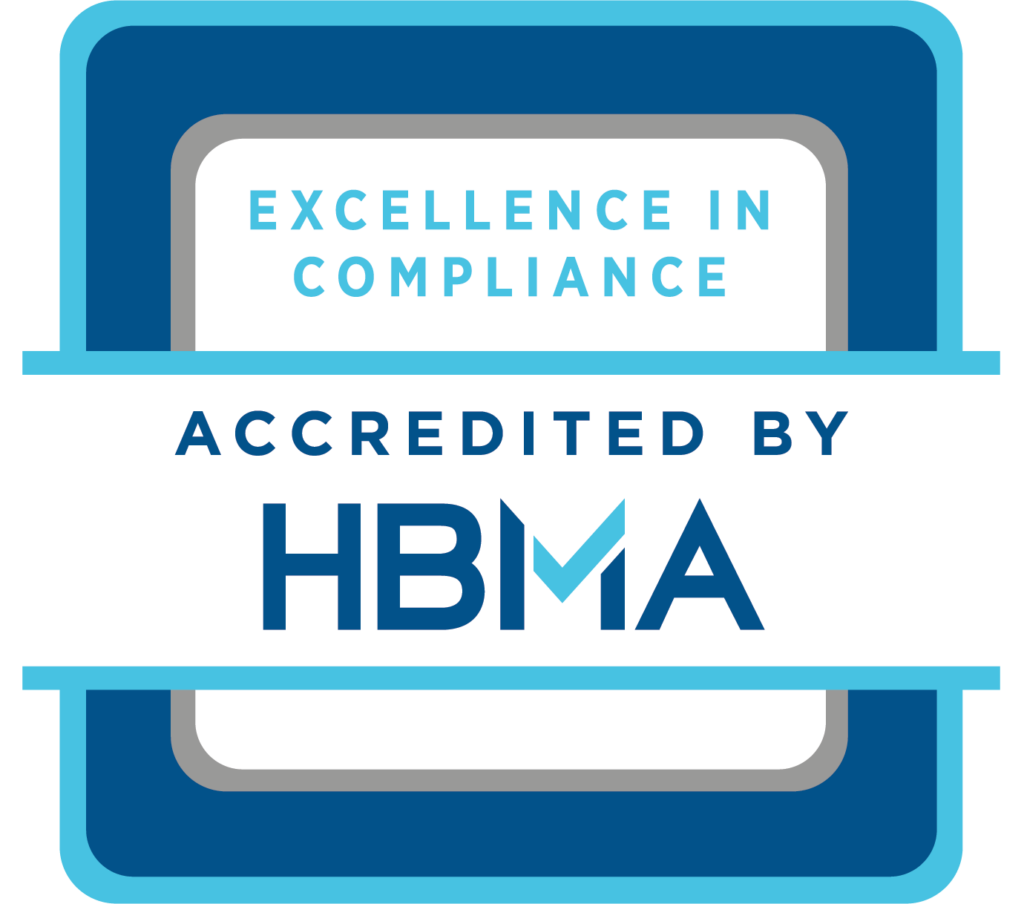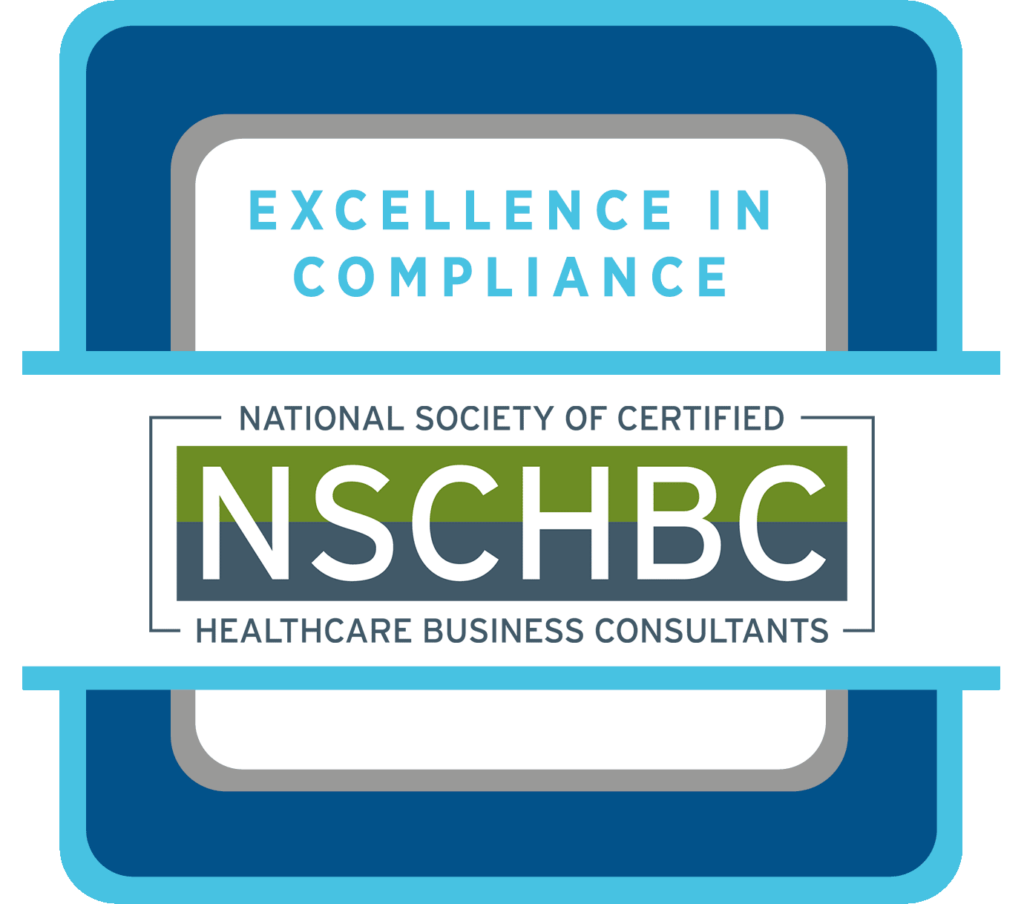Financial Impact of Orthopedic Practice Denials

Have you ever stopped to consider how much revenue your practice may be losing due to orthopedic practice denials? It’s likely more than you think. With complex procedures and high-dollar claims, even a small denial rate can lead to significant financial strain. Understanding the root causes of denials—and how to address them—can help your practice safeguard income and operate more efficiently.
Here are seven smart, practical ways to take control of orthopedic practice denials and protect your orthopedic practice’s revenue.
1. Understand the Financial Impact of Orthopedic Practice Denials
Denied claims can quietly erode your practice’s financial foundation. What begins as a single rejection can quickly escalate into mounting administrative costs, delayed reimbursements, and reduced liquidity.
The risk is even greater for orthopedic practices, where claims often have high dollar values. A consistent denial rate over 5% can compromise your ability to fund daily operations, invest in your staff, or deliver timely patient care. Start by quantifying what denials are costing your practice each month. Without a clear financial picture, you’re flying blind.
2. Identify Your Top Denial Triggers
Understanding the root causes of denials is critical to reducing their frequency. In orthopedic practices revenue, several recurring issues drive the bulk of rejected claims:
- Coding and Modifier Errors: Orthopedic billing involves complex procedures, often requiring multiple modifiers. A simple coding mismatch can trigger an automatic denial.
- Uncovered Services: Services deemed not medically necessary or excluded under the patient’s insurance plan are frequently denied.
- Authorization Failures: Missing or incorrect prior authorizations are a common barrier to payment.
- Timely Filing: Claims submitted outside the payer’s deadline are denied, regardless of validity.
Reviewing your denial trends monthly can help identify which issues are most prevalent and where process improvements are most urgently needed.
3. Strengthen Front-End Processes
Most denials start at the front desk. Inaccurate patient data, insurance verification gaps, and missed authorizations are common front-end issues that ripple downstream into denied claims.
Implement a standardized intake checklist and ensure your staff is well-trained on payer requirements. Pre-visit eligibility checks and real-time benefits verification can prevent many of these issues before they occur. A small investment in front-end accuracy yields a major return in back-end efficiency.
4. Train (and Retrain) Your Staff
Every part of your team—from scheduling to billing—plays a role in the financial performance of your practice. Continuous training ensures everyone meets the latest industry standards and payer expectations. If your physicians don’t provide detailed, timely, and specific notes, your billing team is left to guess—and payers don’t accept guesswork.
Schedule periodic training for providers on documentation requirements for high-risk procedures. Establish communication channels between clinicians and coders to resolve questions quickly and accurately. When billing and clinical teams work in sync, denial risk drops dramatically.
5. Use Technology to Prevent Errors Before They Happen
Technology plays a critical role in reducing preventable denials. Modern revenue cycle management (RCM) platforms can automate eligibility checks, flag coding inconsistencies, verify prior authorizations, and alert your team to missing data before submitting the claim.
Automation ensures consistency and accuracy at scale for orthopedic practices dealing with multiple modifiers, implants, and payer-specific requirements. Implementing the right technology reduces manual errors, accelerates cash flow, and improves operational efficiency.
The fewer mistakes that reach the payer, the fewer denials you’ll have to clean up later.
6. Build a Strong Appeals Process
Denied claims don’t always mean final decisions. With a well-designed appeals process, your practice can recover a significant portion of that revenue.
Your appeals workflow should include standardized templates, clear documentation protocols, and role-specific responsibilities. Track denial reasons, prioritize by claim value, and monitor appeal outcomes to identify patterns and inform prevention efforts.
A proactive, data-informed appeals process does more than recover lost revenue—it strengthens your entire revenue cycle strategy.
7. Partner with Experts in Denial Management Services
While internal teams can address many denial issues, complex cases and high-volume challenges often require outside support. Partnering with denial management professionals—especially those with expertise in orthopedic billing—can enhance your practice’s financial performance and reduce administrative burden.
These experts bring in-depth knowledge of payer policies, coding protocols, and appeals processes. Their systems are designed to identify patterns, recover missed revenue, and improve claim accuracy. For many practices, outsourcing denial management is a cost-effective way to gain efficiency, compliance, and control.
How Medicus Billing Helps You Prevent Costly Orthopedic Practice Denials
Claim denials are one of the most controllable threats to your practice’s financial health. With the right processes, training, and support systems, you can significantly reduce denials, streamline operations, and improve your bottom line.
Medicus Billing offers denial management services tailored to the specific challenges of orthopedic practices. If you’re ready to reduce denials and strengthen your revenue cycle, our team can help. At Medicus, we combine decades of experience with orthopedic-specific knowledge to deliver measurable results.
Contact Medicus today to discover how our denial management strategies can help your practice protect revenue and improve financial performance.
About the Author: Cyndi Walker
Cyndi Walker, CMC CHBC, is the founder of Medicus Billing and Consulting, a premier billing company with over 40 years of experience in the medical billing industry. With certifications in Medical Coding, Healthcare Billing Consulting, and Compliance, Cyndi has built a reputation as a trusted expert in the field. She regularly shares her extensive knowledge on topics such as coding, payer appeals, regulations, and billing techniques. Connect with Cyndi today to discover how Medicus Billing can streamline and enhance your practice’s billing processes.

Contact Us Today
"*" indicates required fields



